Highway Code changes
What do they mean for me and my family?
The Highway Code is changing from Saturday 29th January 2022.
And from certain press reports and social media comments circulating this week anyone would think it's going to bring total carnage to the roads.
I know this has left some people very concerned about what it means for the safety of them and their children when they're out and about.
Do please remember not to believe absolutely everything you read in the press, and take some time to understand what the changes are and what they mean.
I very much doubt this is going to happen:
- All pedestrians recklessly stepping out in front of fast moving cars expecting drivers to do countless emergency brakes per journey
- All cyclists riding right in the middle of the road, holding up miles of traffic behind them*
- Police officers lurking on every street issuing £1,000 fines each time someone opens a car door without using the new "Dutch Reach" method*
- All traffic grinding to a halt as constant streams of pedestrians cross roads morning, noon and night
- Cyclists no longer using safe cycle paths
- Foreign lorry drivers rear-ending anyone slowing down or stopping for more vulnerable road users (from a particularly angry comment by someone who obviously doesn't realise how far behind most other countries the UK is in terms of road safety!)
Yes - I've read all the above "claims" on-line in the past week. If it wasn't so worrying it would actually be funny!
What do the changes to the Highway Code mean?
The changes are all about treating anyone who is more vulnerable than you with the care they deserve.
- Pedestrians are deemed the most vulnerable, and everyone else should be careful around them. Children, older people and people with a disability are particularly at risk
- Horse riders and cyclists must be careful not to injure / put at risk / scare pedestrians and each other
- Motorists and motorcyclists must take care not to kill, injure or otherwise put at risk pedestrians, horses and their riders or cyclists (or indeed other motorists and their passengers)
- Drivers of larger motor vehicles, such as HGV's need to be additionally careful, as they can do the most damage to everyone else.
All this sounds very sensible doesn't it?
This great cartoon by Dan Walker and commissioned by Cycling UK makes it even clearer:
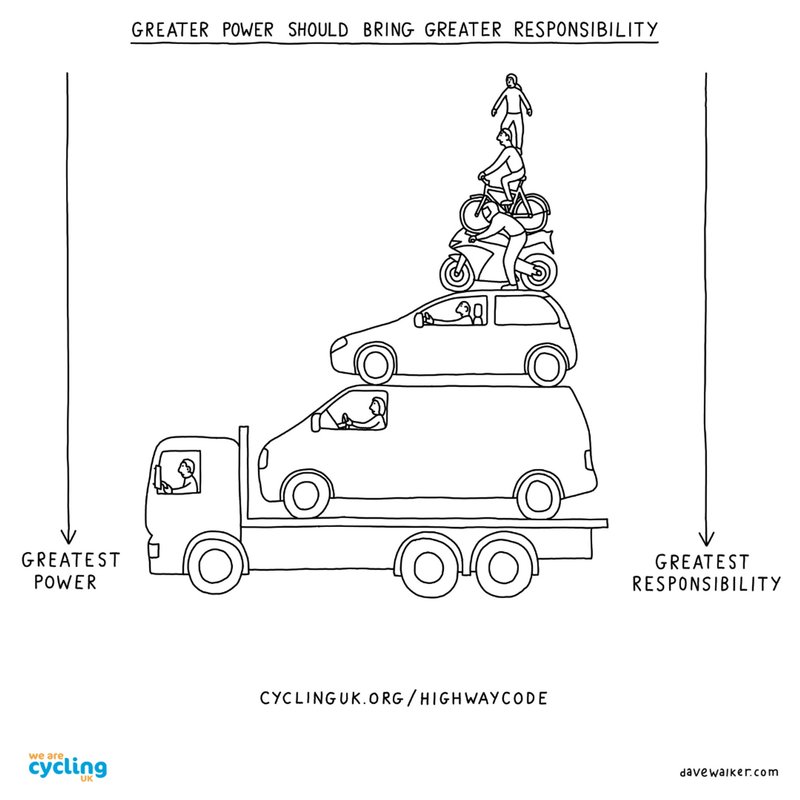
I'm sure no-one sets out to deliberately injure or kill someone else on their daily commute or weekend jaunt but sadly there were 1,390 people killed on the UK's road in the 12 months to 30th June 2021.
That's almost 4 people dying needlessly per day, every day.
There were also 119,850 injuries reported in the same period, so anything that can be done to make road users more aware of their responsibility for other's well being and safety is surely a good thing.
Sadly, these changes have been misrepresented in some parts of the press, with the insinuation that the more vulnerable groups are suddenly absolved of all responsibility.
Everyone needs to be aware of everything going on around them - it doesn't mean pedestrians don't need to stop, look and listen (when they're able to).
But if you're crossing a road, you should expect that other road users stop and let you cross, rather than drive / ride straight at you.
Cyclists certainly still need to abide by all the rules of the road - but should expect not to be put in danger by motorists when doing so.
What everyone needs to know about the changes to the Highway Code
There's a number of changes to the Highway Code and Cycling UK have got a great video explaining the 4 key changes which you can see here:
They also have an informative FAQ page that explains all the changes taking place.
Please watch / read read now, so you fully understand the changes and their implications for you and your family.
What the changes to the Highway Code don't mean
That the roads are suddenly going to be loads safer - it's actually sad that these things have to be written down. Hopefully over time as these principles embed themselves, and younger generations get taught them from the beginning of their road user journey, things will get better.
However, our roads are not designed for the volume of traffic currently using them. Decades of under investment in active travel and public transport are at the root of the current problems on the UK's roads.
Presumed liability - the updates to the Highway Code fall short of changing the law so that in crashes involving vulnerable road users the more powerful road user is found liable by default, unless it can be clearly proven that the vulnerable road user was at fault. In this respect the UK remains well behind most other European countries.
Cycle infrastructure is suddenly going to improve - but it may mean that more motorists start wondering why they have to drive on the same bit of road as cyclists.
Sections of the media stop hating people who ride bicycles - cycling is likely to remain in the cross-hairs for some time to come. If everyone involved took a weekend trip to the Netherlands with a vulnerable family member and cycled around for 48 hours they may change their mind about cycling and driving being able to co-exist together (and the need for PROPER investment in cycling infrastructure).
Until then, I fear we're in for more lies and stoking up hate and anger, so stay calm and safe everyone.
It's the start, not the end
These changes are just one very small step on the journey to making the whole of the UK a safer place for everyone to move around.
Continued investment in proper cycling infrastructure is absolutely crucial to limit the interactions between the vulnerable and powerful groups.
Click here to find out how you can make your voice heard in the campaign for better infrastructure - it only takes 1 minute!
De-bunking the myths*
Cycling UK have produced some good graphics explaining why some of the more common myths are incorrect:
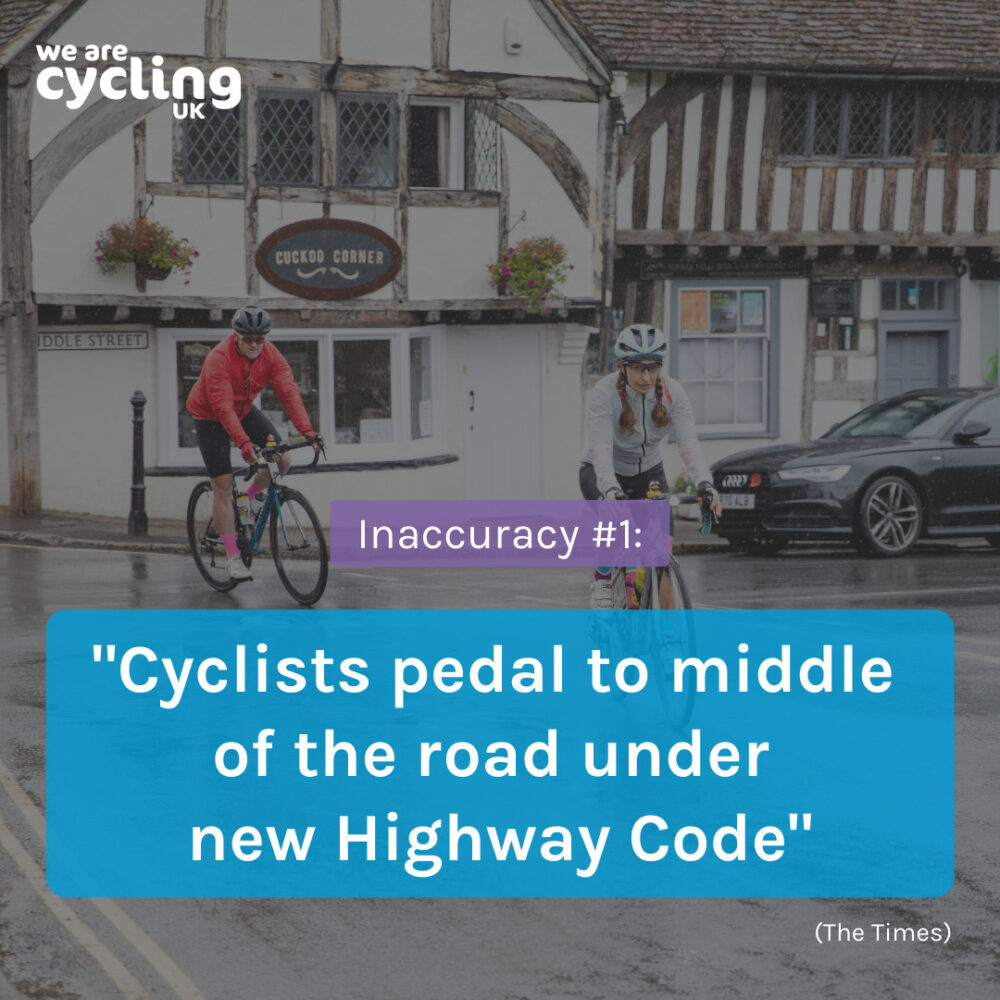
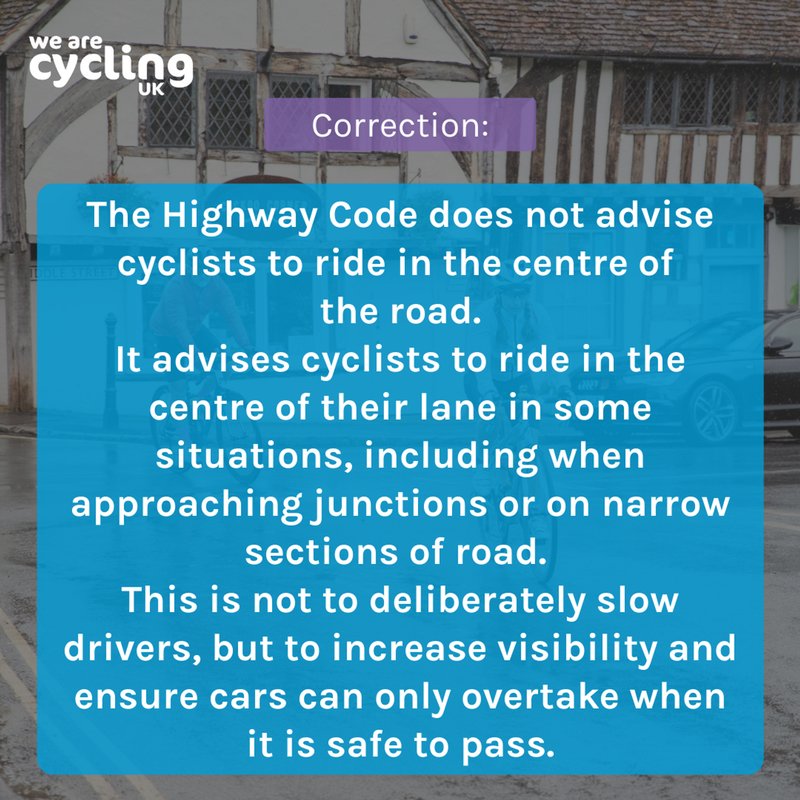
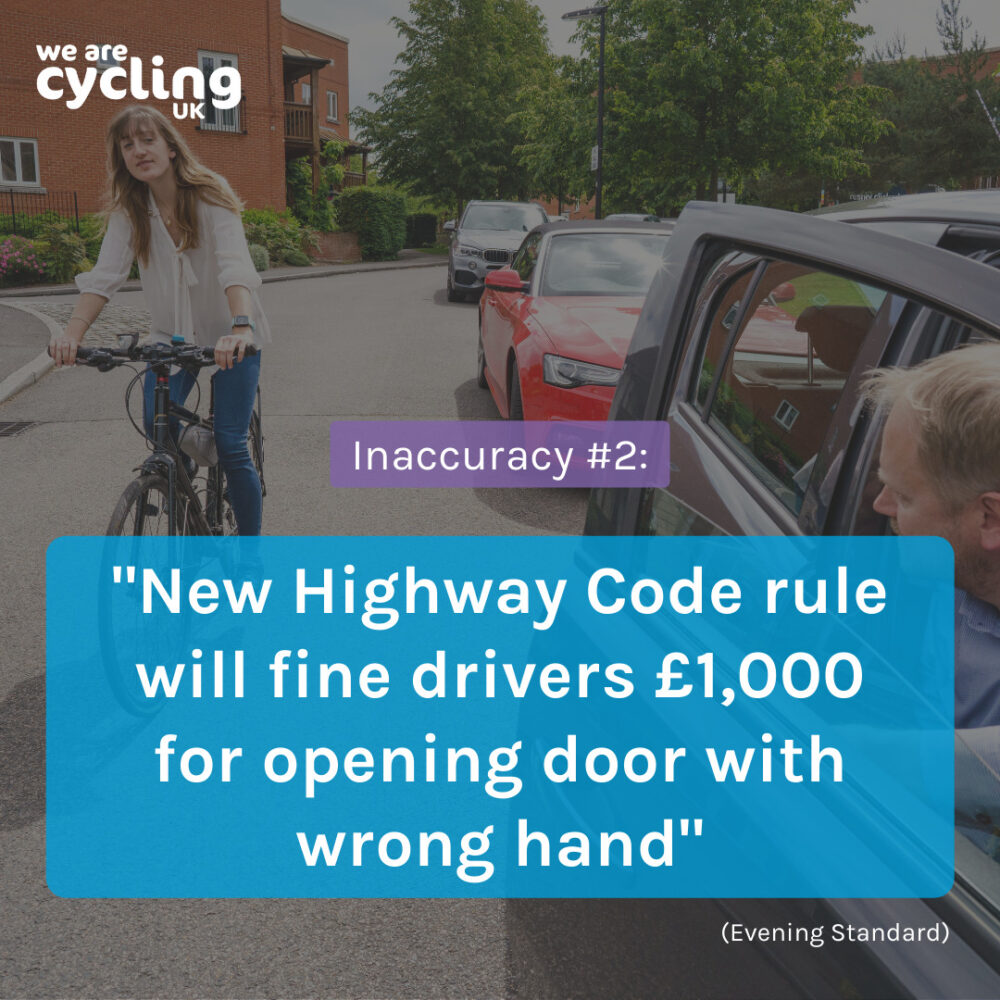
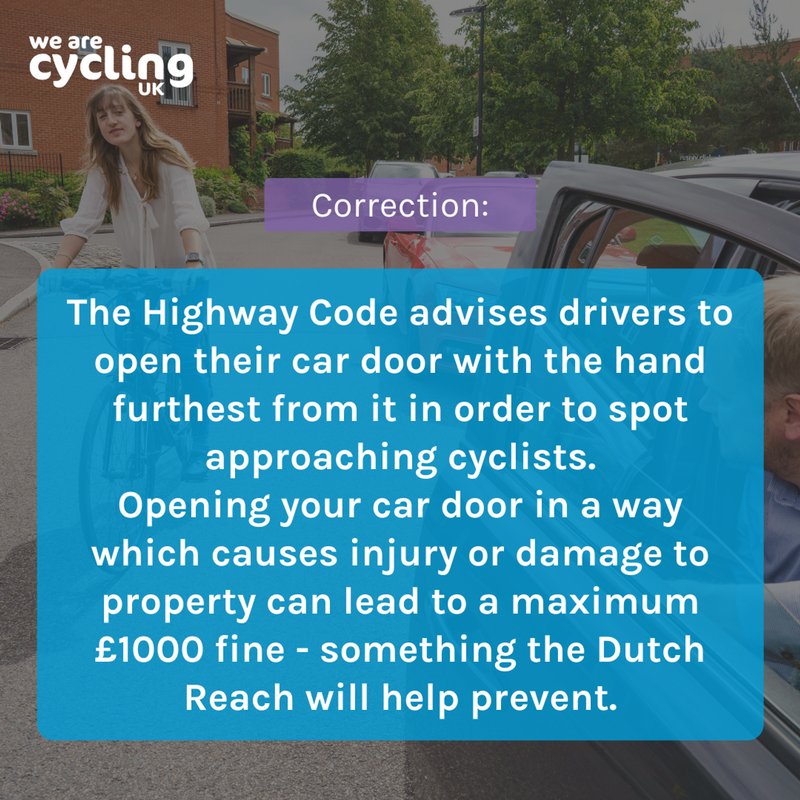
Easter holiday rides
Recent posts
-
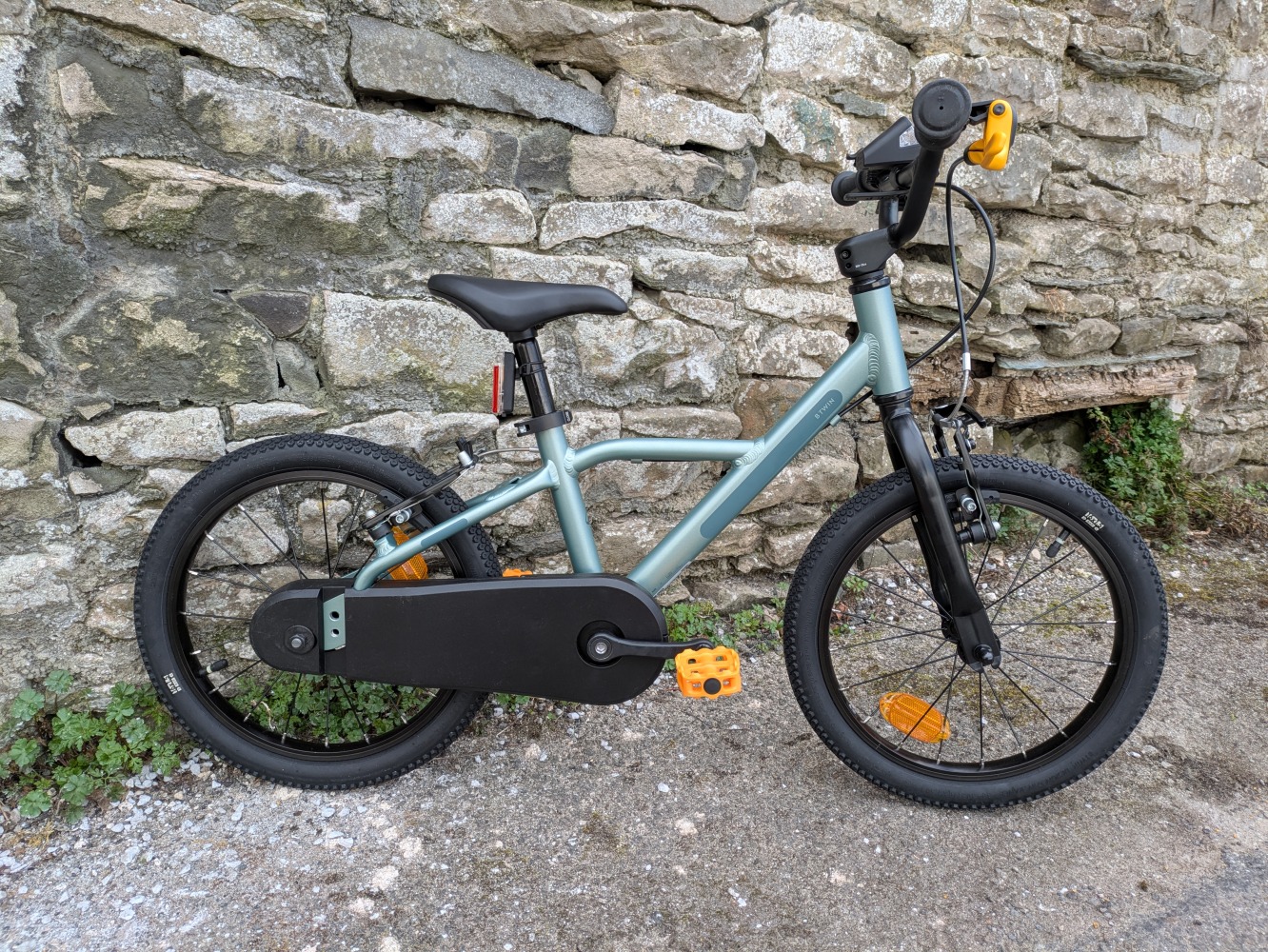 BTWIN 16” Discover 900 First Impressions Review: A budget-friendly 16″ Decathlon bike
BTWIN 16” Discover 900 First Impressions Review: A budget-friendly 16″ Decathlon bike
-
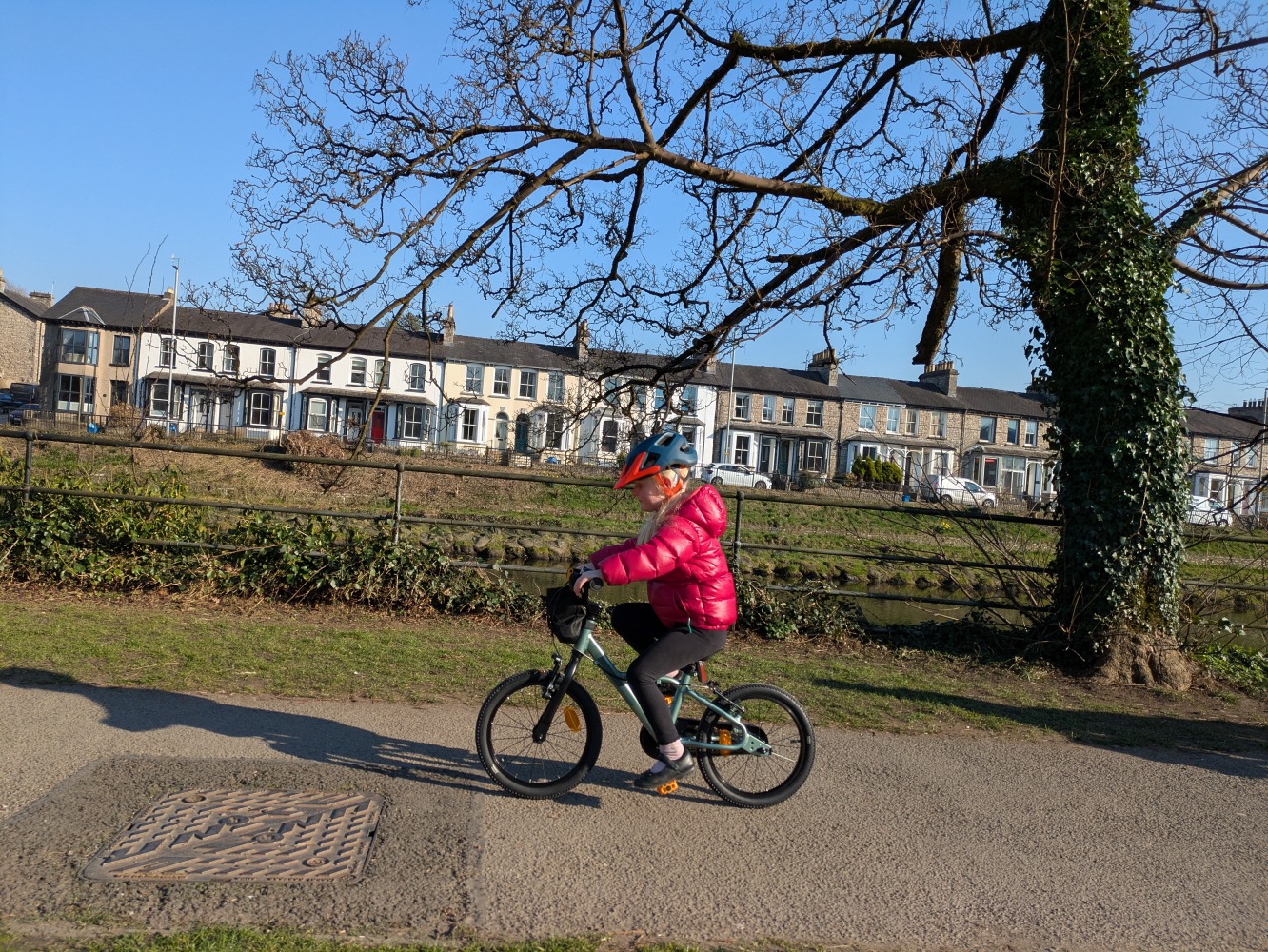 BTWIN kids’ bikes: a comprehensive range overview
BTWIN kids’ bikes: a comprehensive range overview
-
 3 incredible traffic-free family cycling routes in Austria & Italy
3 incredible traffic-free family cycling routes in Austria & Italy
-
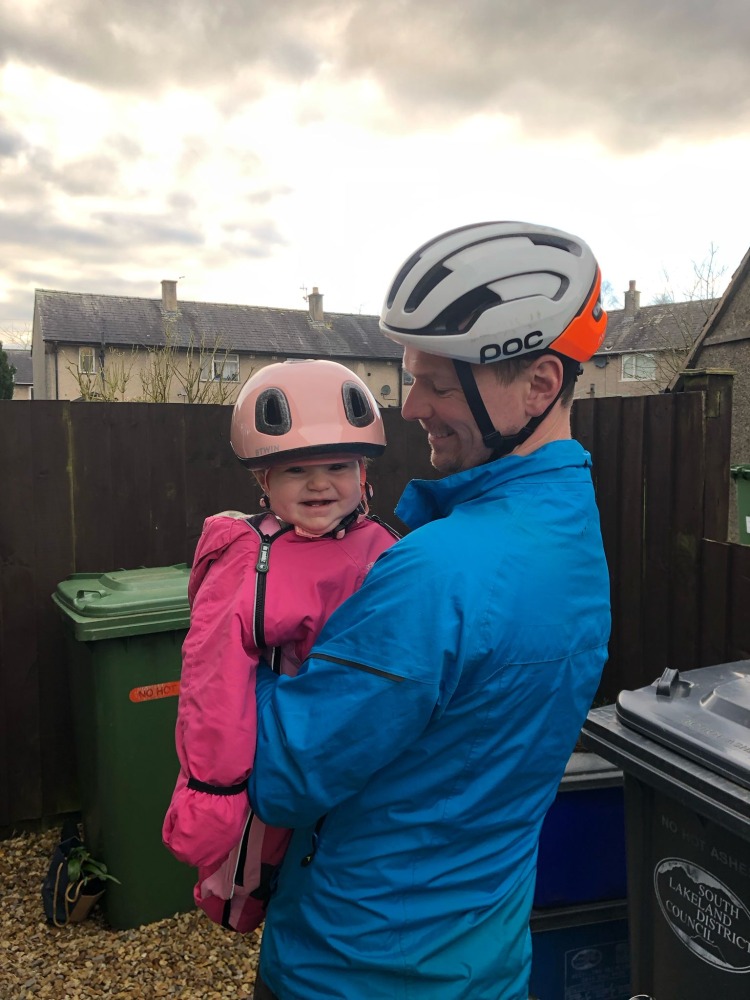 BTWIN 500 Baby Helmet Review: the smallest bike helmet available in the UK
BTWIN 500 Baby Helmet Review: the smallest bike helmet available in the UK
-
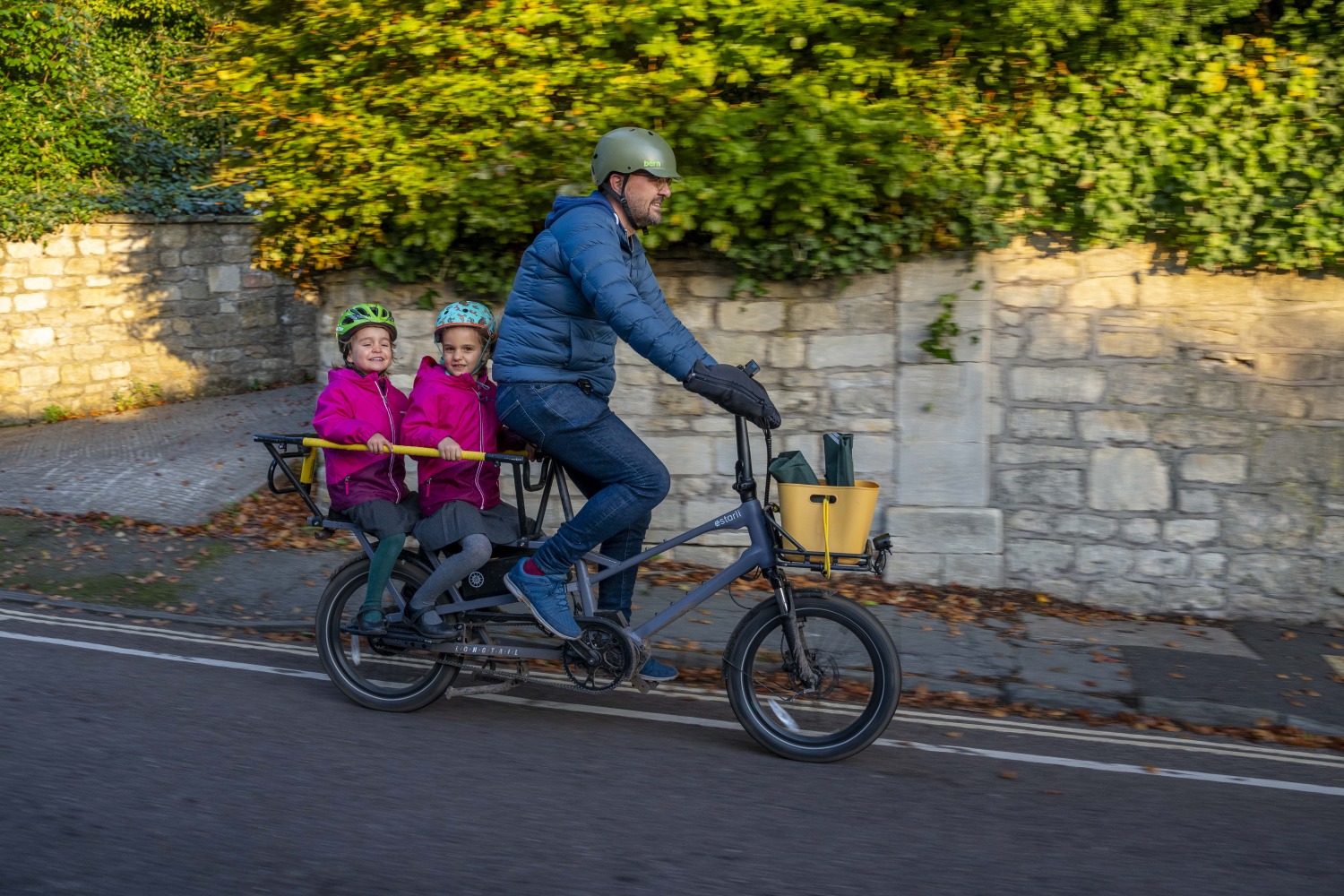 The joy of cargo biking – How electric cargo bikes are transforming family life
The joy of cargo biking – How electric cargo bikes are transforming family life
-
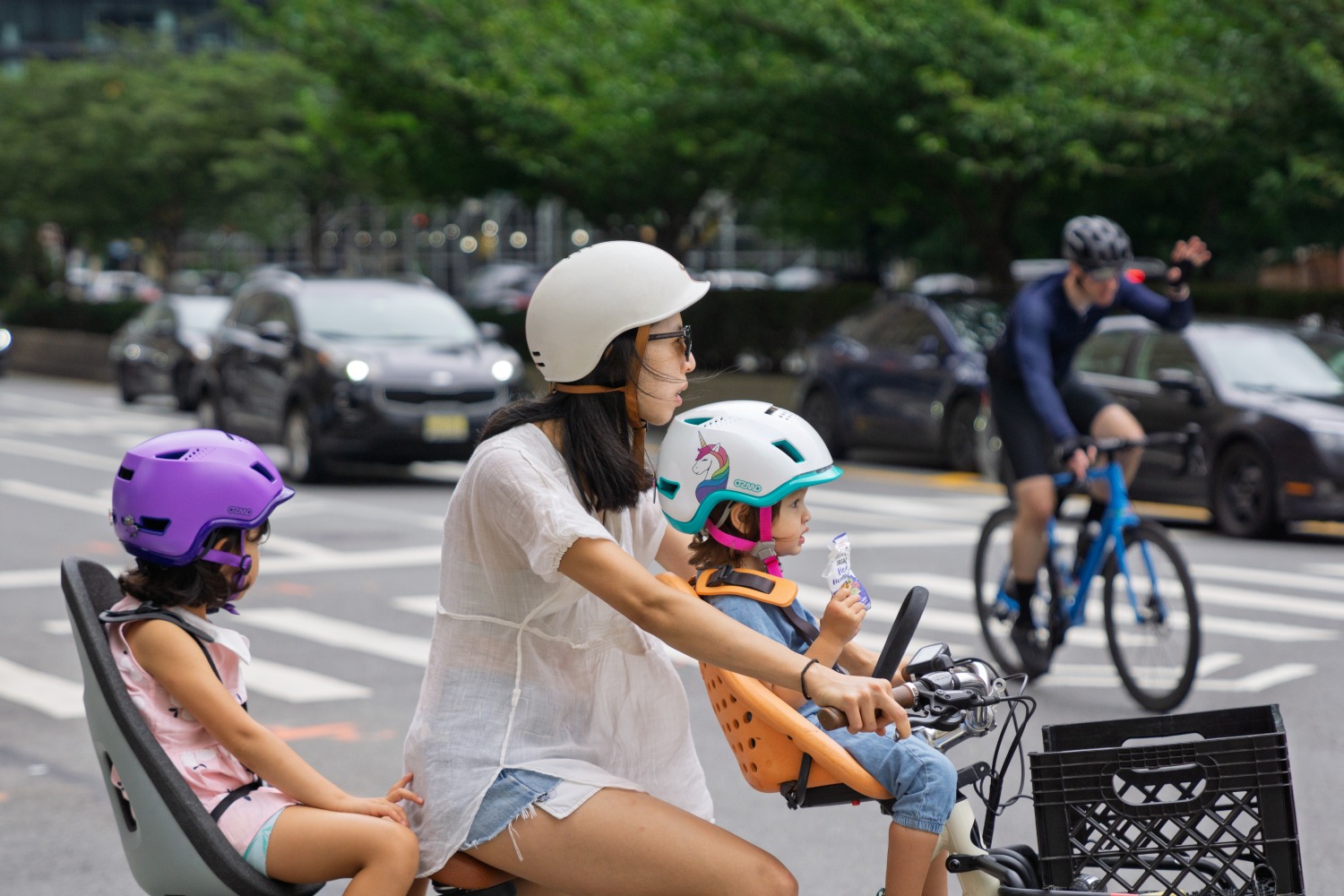 First e-bike helmet for babies: the Ozmo Helmets Kickstarter campaign
First e-bike helmet for babies: the Ozmo Helmets Kickstarter campaign
-
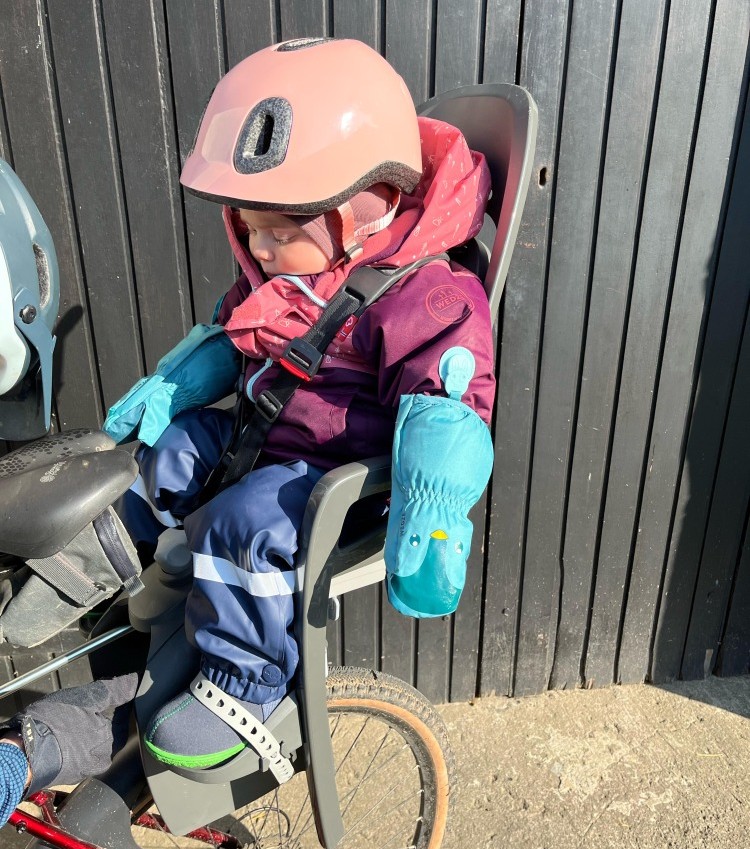 Hamax Zenith Relax Review: A reclining rear bike seat
Hamax Zenith Relax Review: A reclining rear bike seat
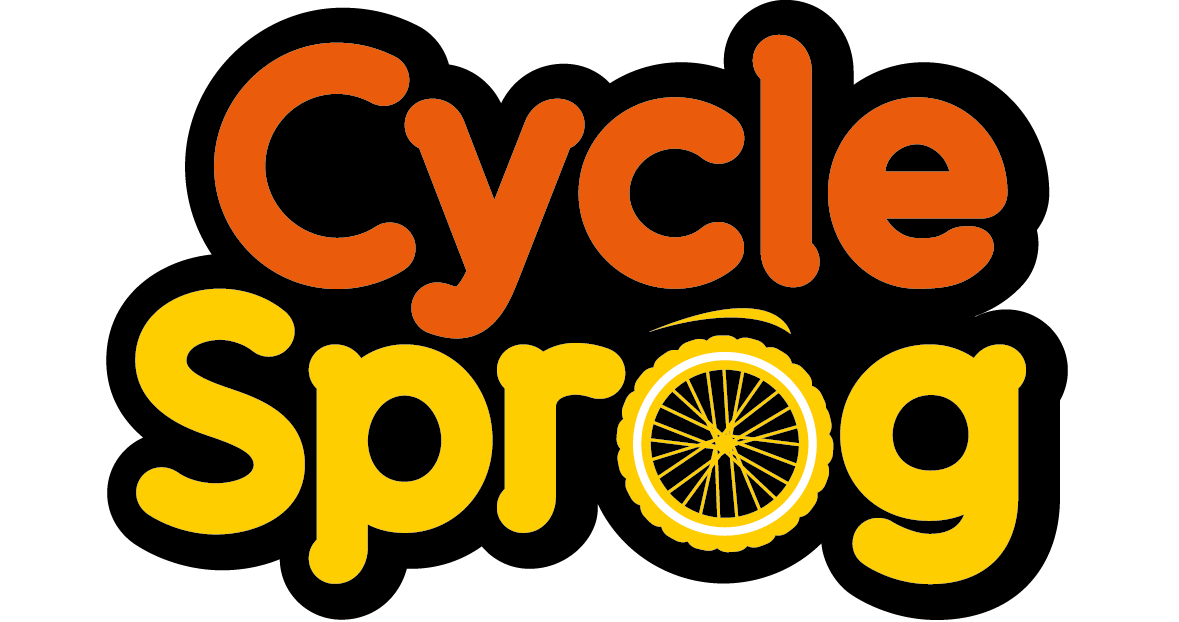
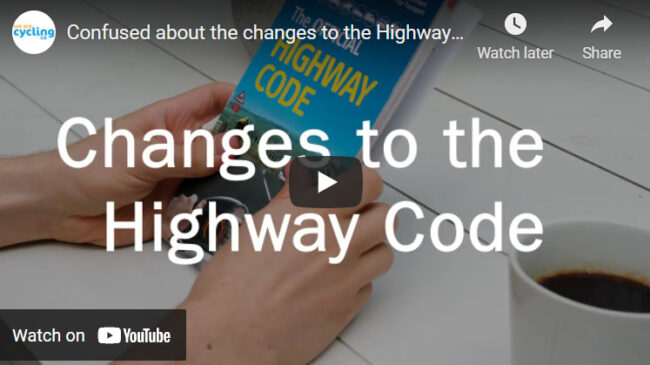
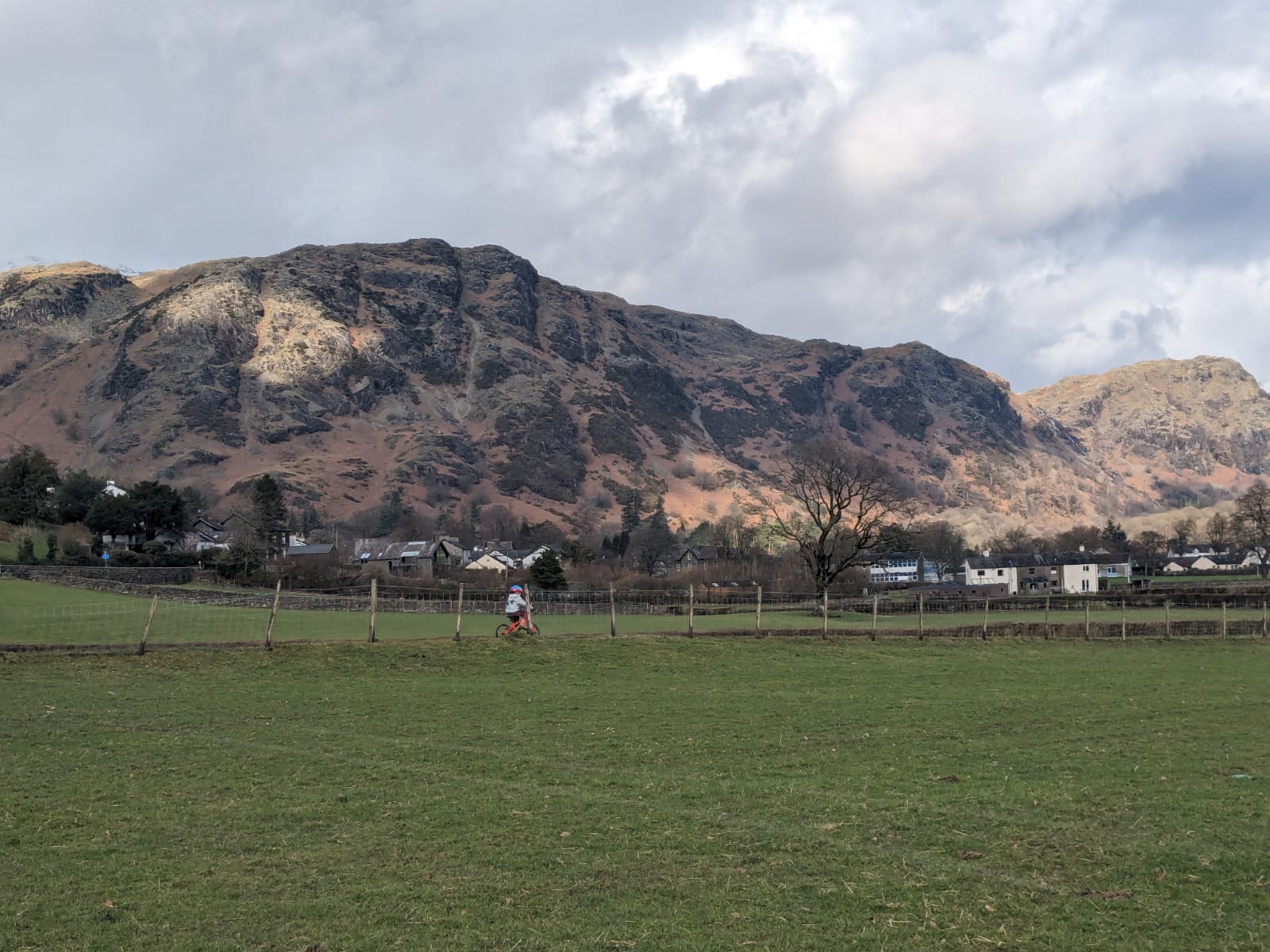
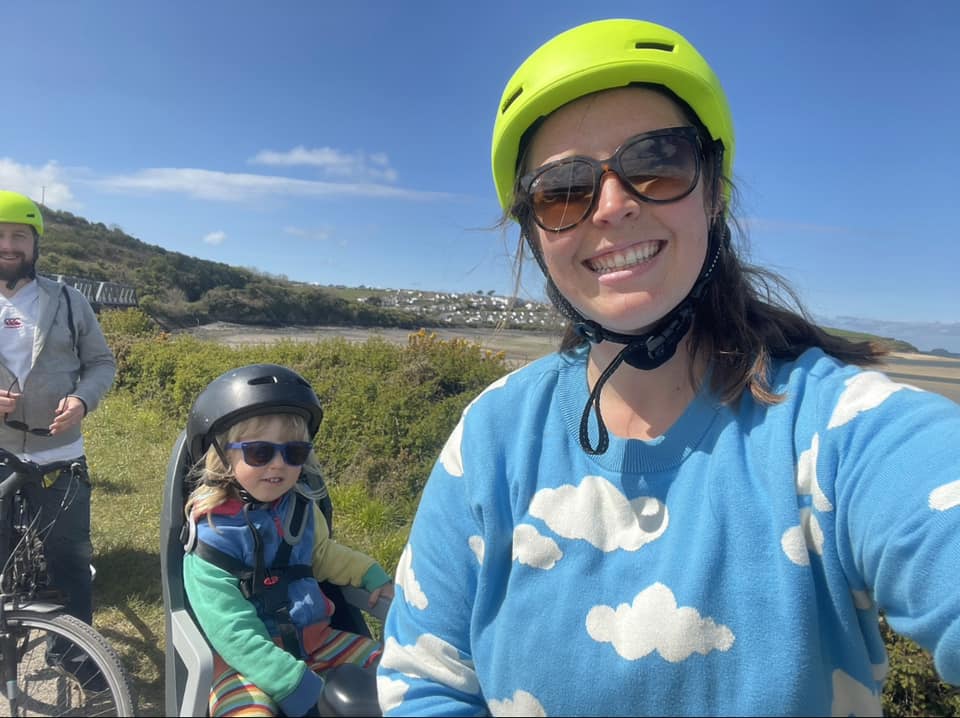
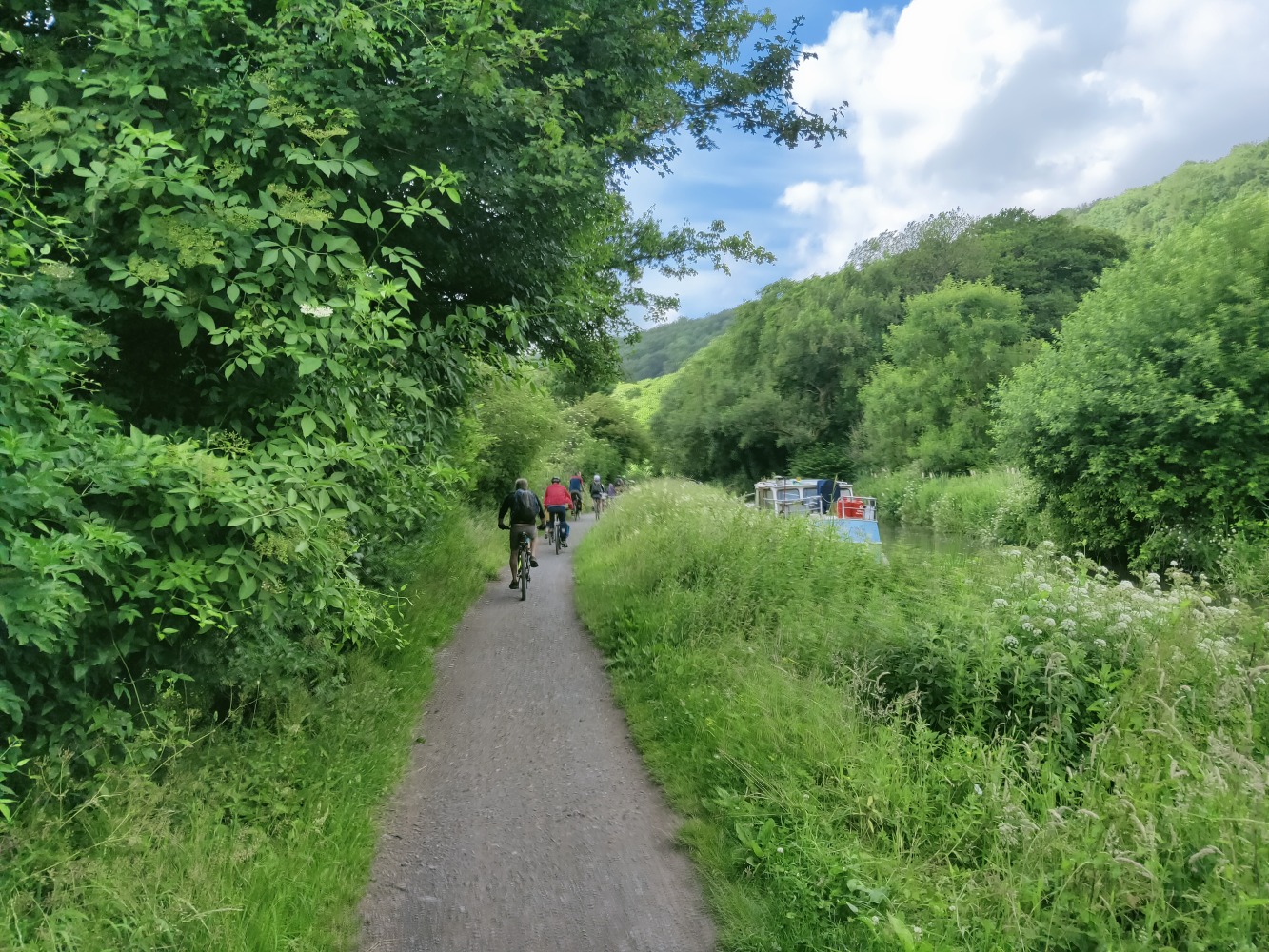
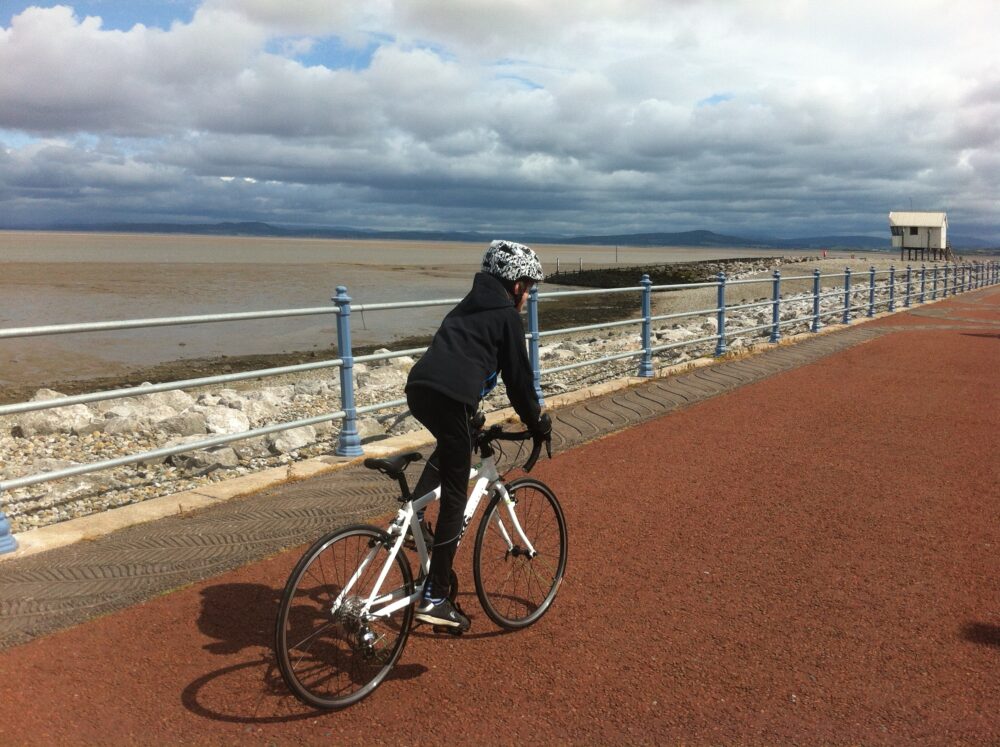

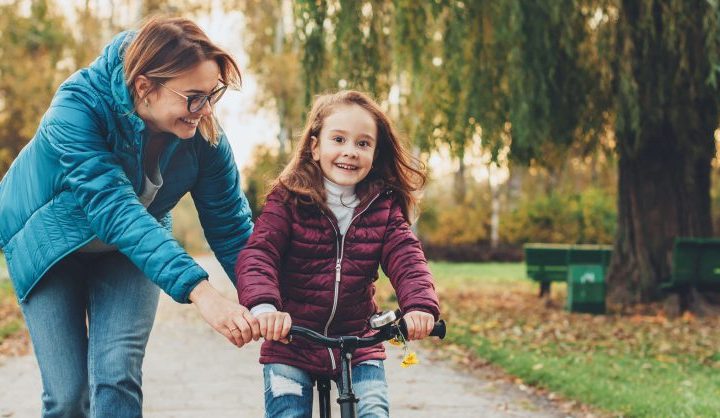
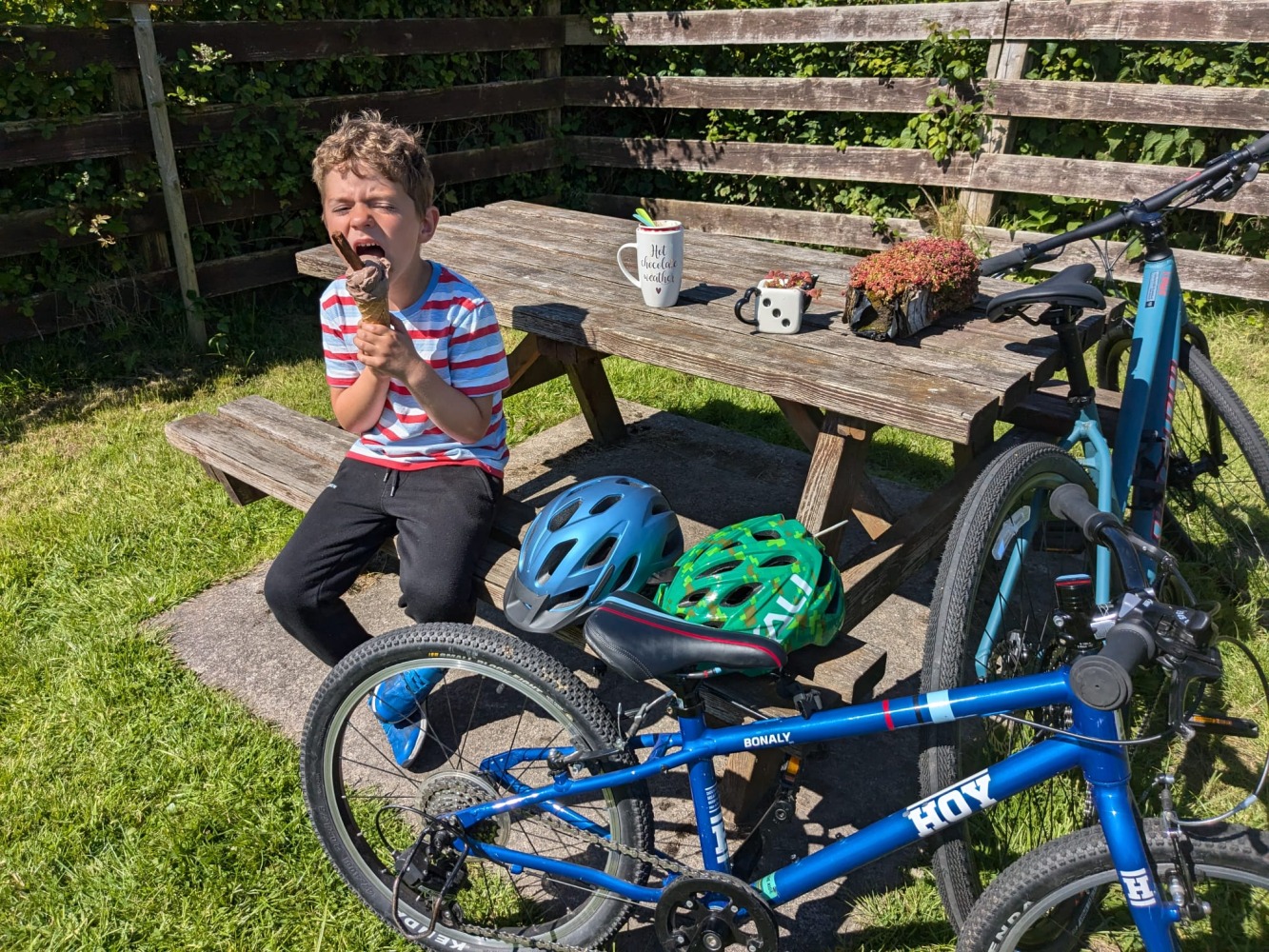
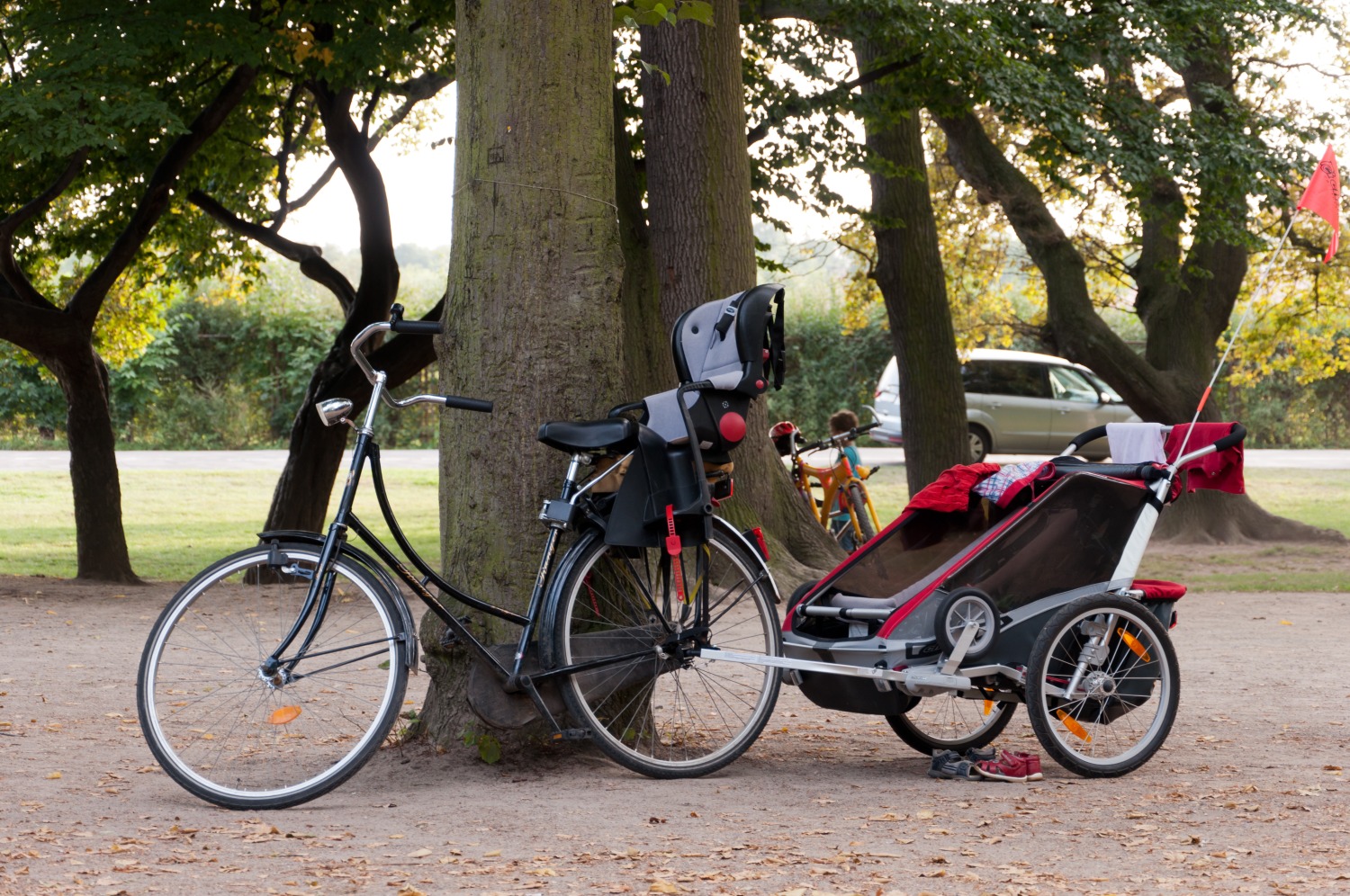
Comments